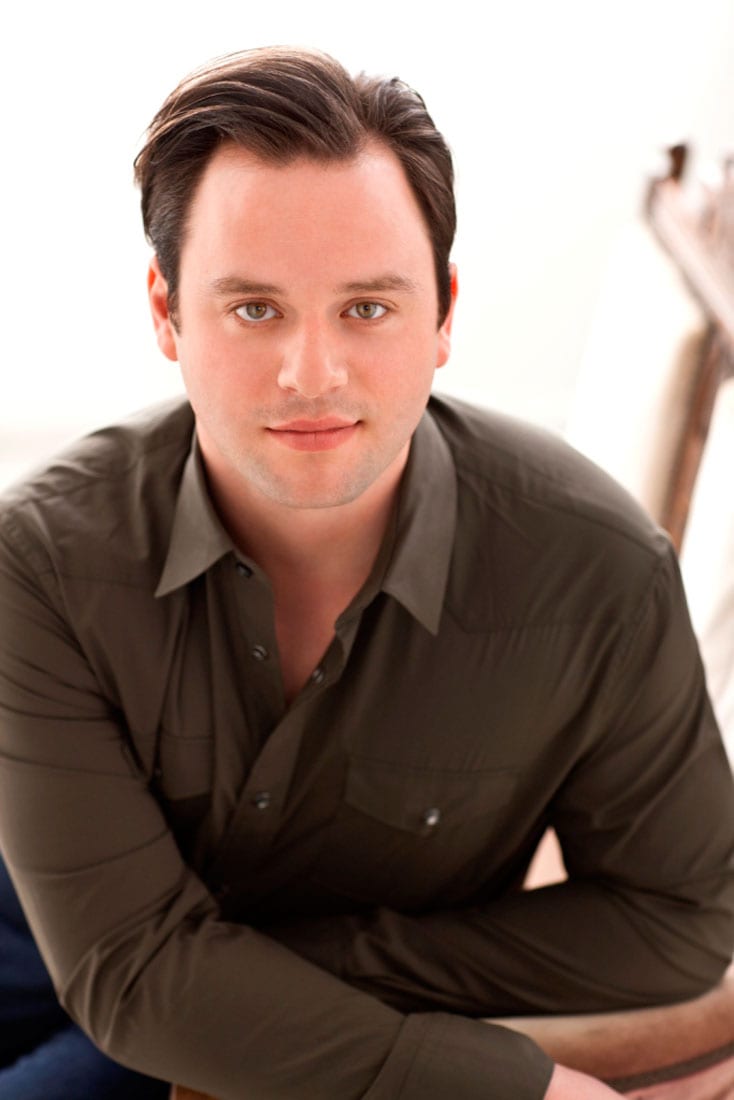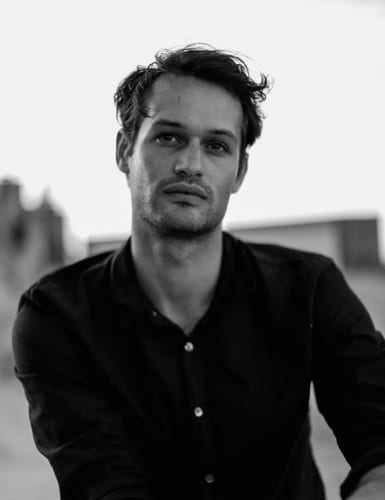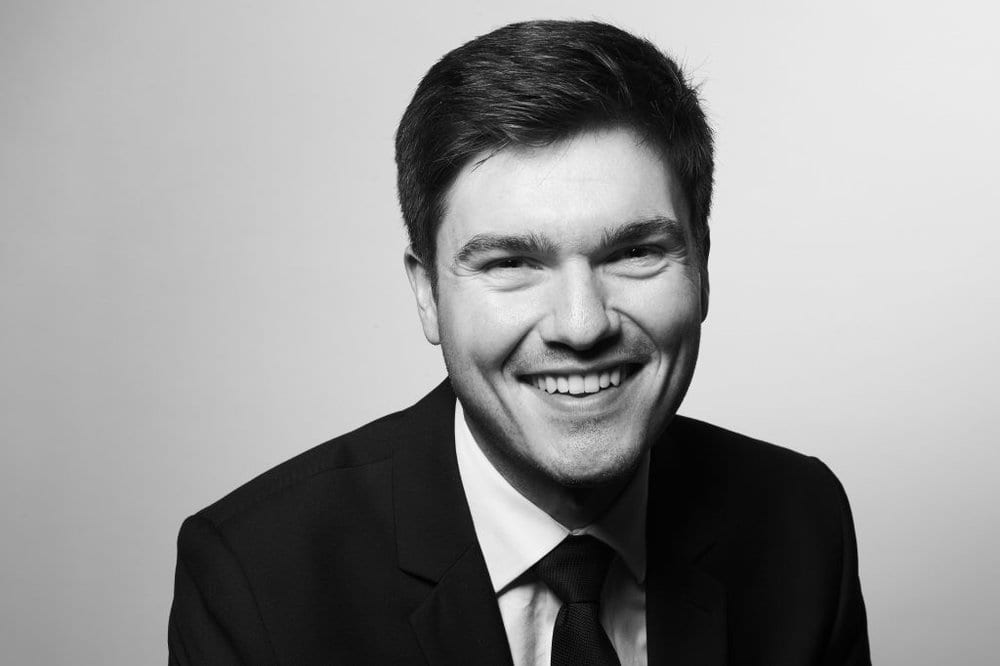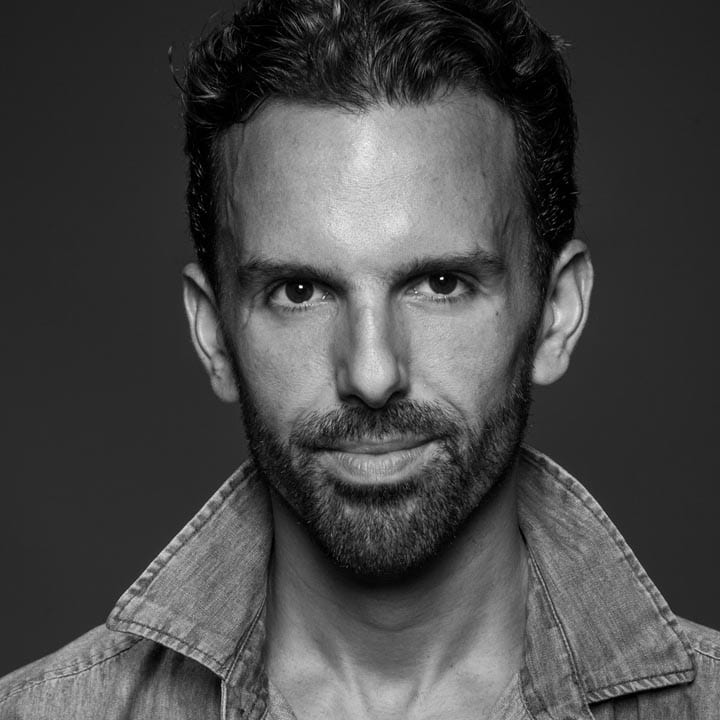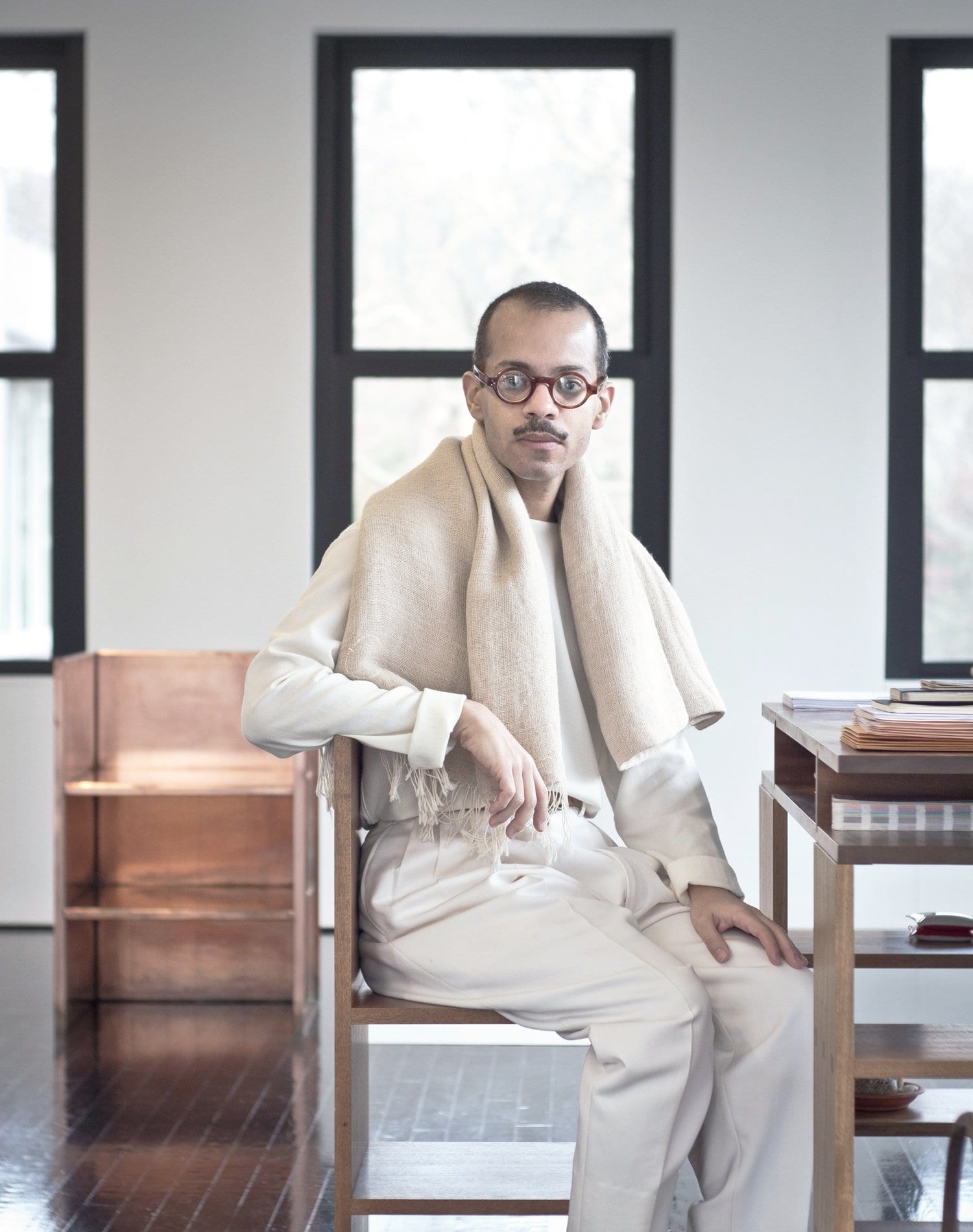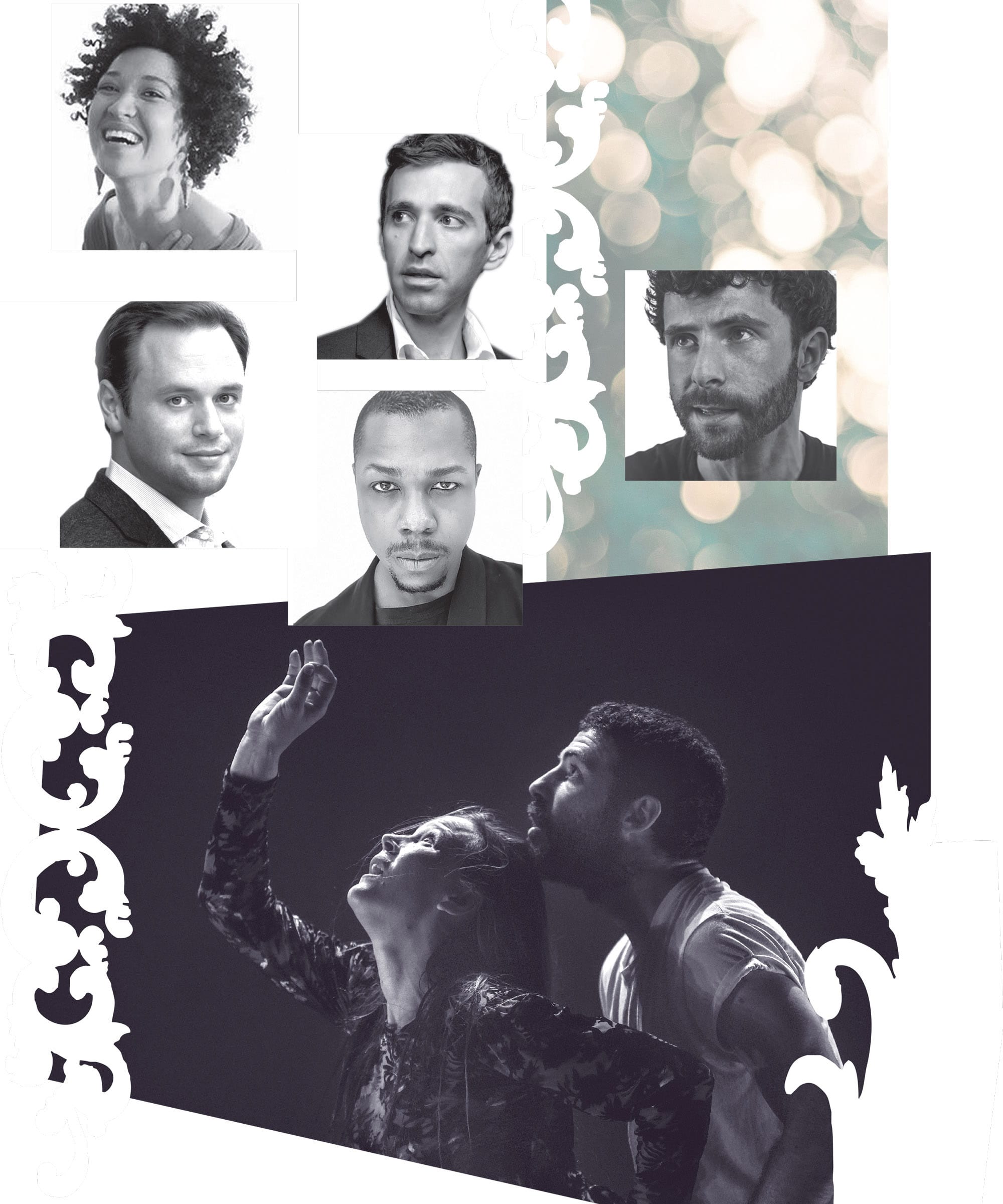
The No One’s Rose
August 25–29, 2021
SPECIAL EVENT*
Music, poetry, dance and theatre combine in The No One’s Rose—a new, multifaceted, genre-defying piece. PBO, in partnership with the American Modern Opera Company and Stanford Live, is heartened to bring this life-affirming work to the stage after more than six years in the making.
AUCOIN The No One’s Rose WORLD PREMIERE
American Modern Opera Company
Julia Bullock, soprano
Anthony Roth Costanzo, countertenor
Paul Appleby, tenor
Davóne Tines, bass-baritone
Julia Eichten, Yiannis Logothetis, Or Schraiber, and Bobbi Jene Smith, dancers
Keir GoGwilt, violin
Coleman Itzkoff, cello
Jonny Allen, percussion
Philharmonia Baroque Orchestra
Matthew Aucoin, conductor
Zack Winokur, director
Bobbi Jene Smith, choreographer
John Torres, lighting designer
Carlos Soto, costume designer
Cath Brittan, producer
Made possible with support from The Koret Foundation and The Ross E. Armstrong & Jonas (Jay) K. Stern Jews & Music Fund
and with major support from Carol and Douglas Tanner
*Not part of 2021/22 subscription season
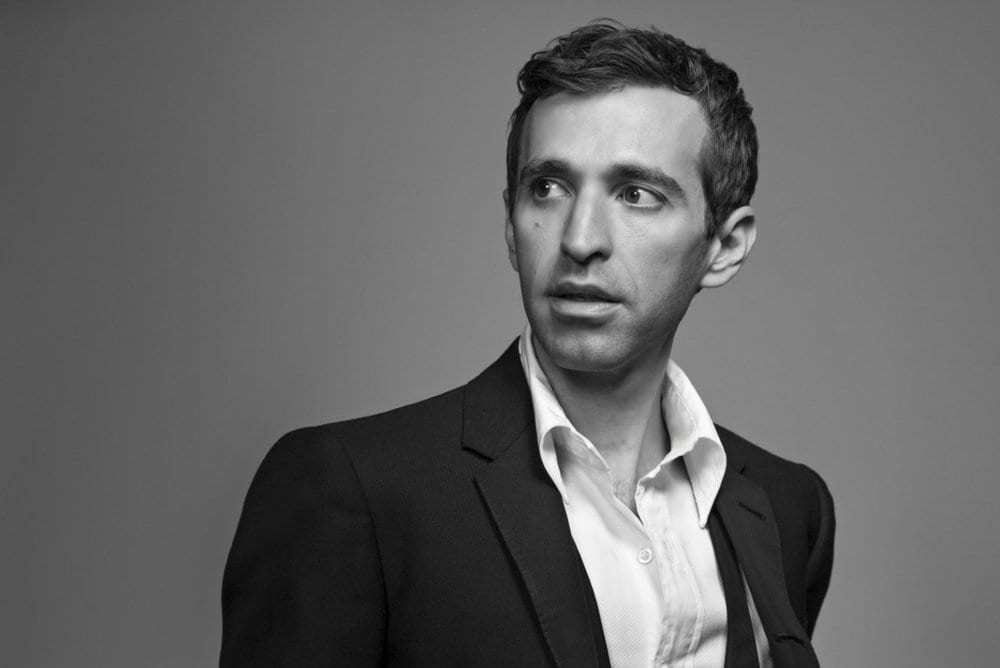

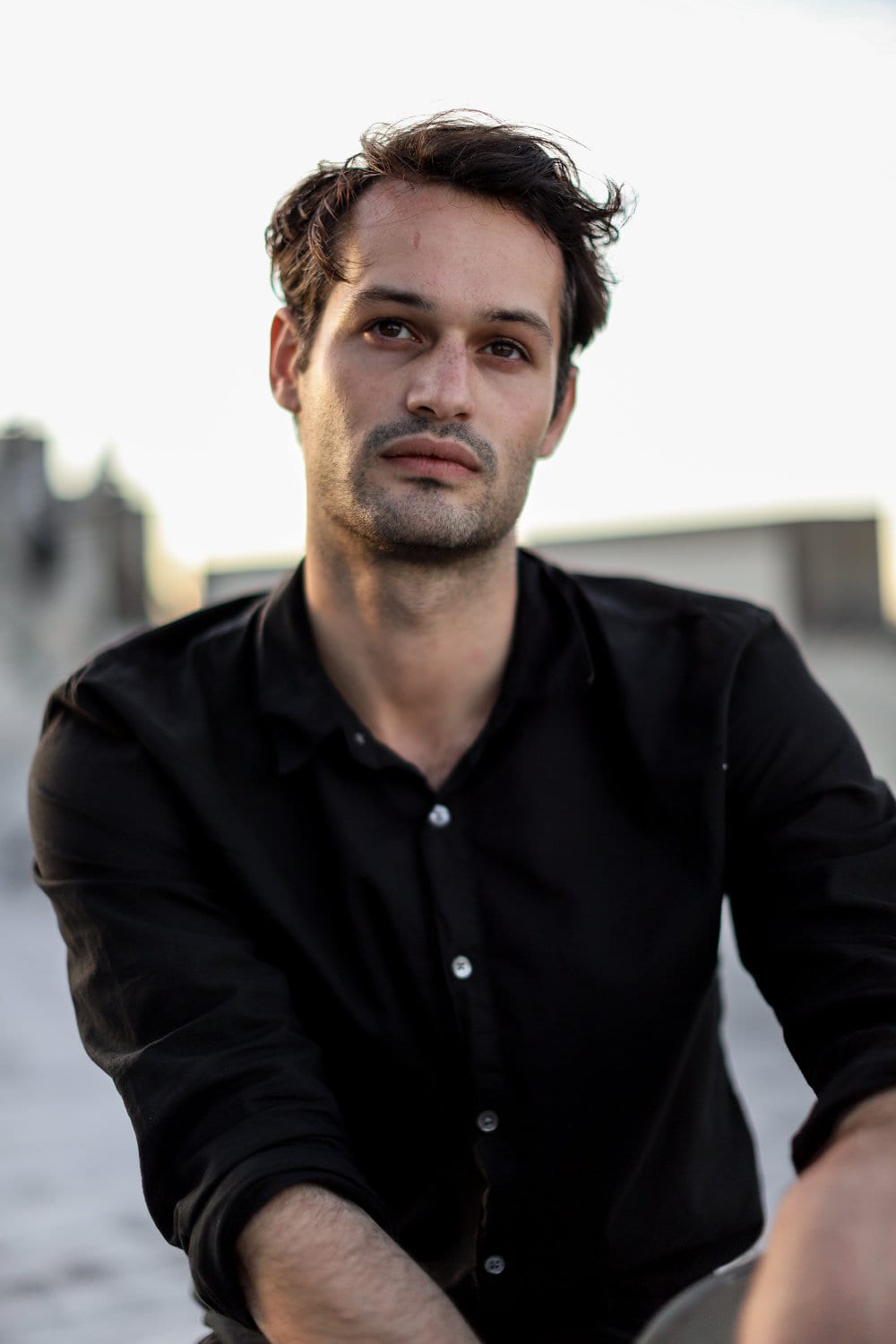
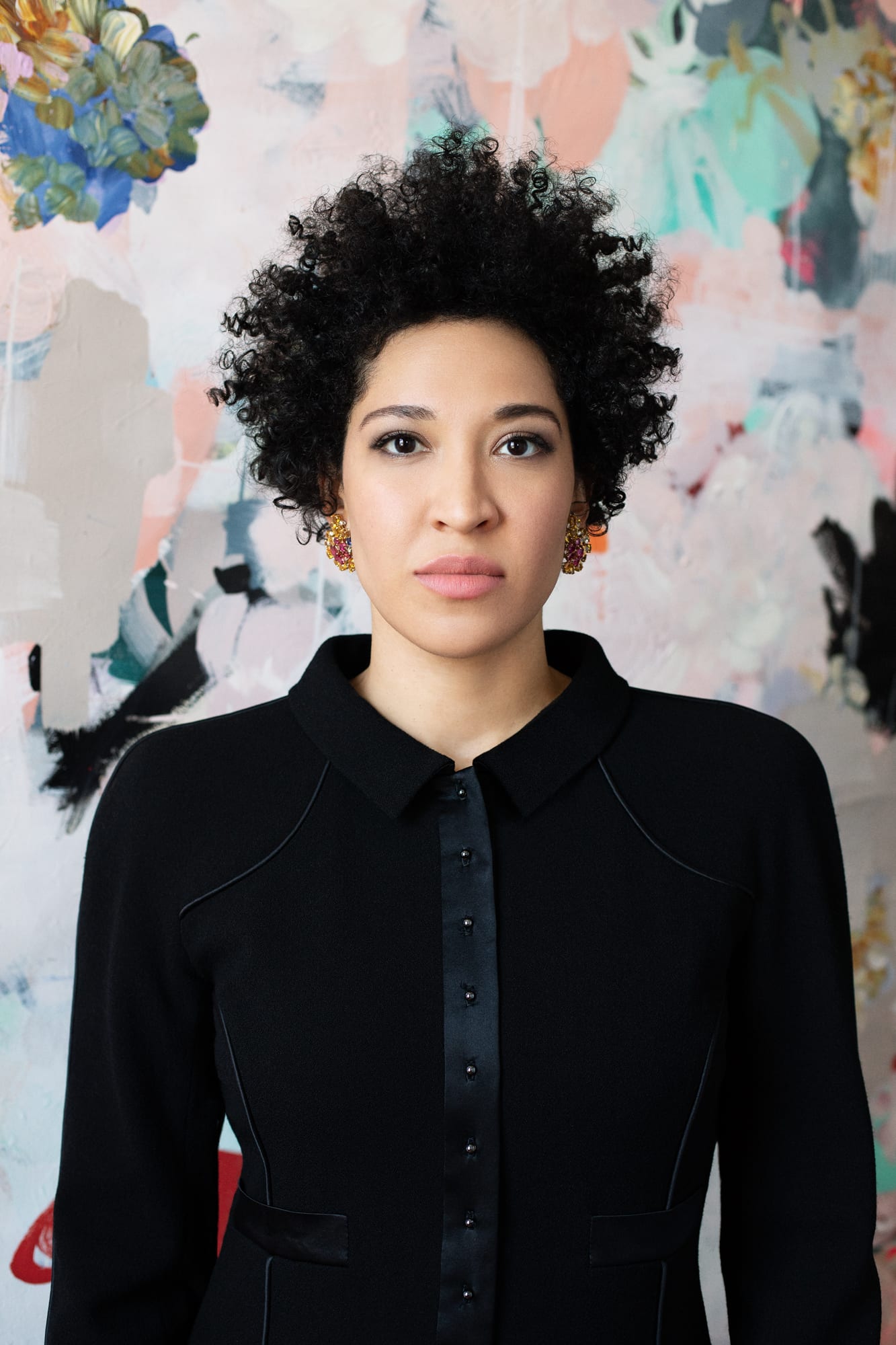

”Aucoin’s ambition, it seems, is to create an art form saturated with poetry that ventures where poetry, on its own, cannot go.”
The New Yorker

About The No One’s Rose
Music, poetry, dance and theatre combine in The No One’s Rose—a new, multifaceted, genre-defying piece. PBO, in partnership with the American Modern Opera Company and Stanford Live, is heartened to bring this life-affirming work to the stage after more than six years in the making and a reschedule from its original premiere in October 2020.
The core of these performances is the poetry of Paul Celan, who wrote some of the most arresting accounts of the Holocaust, set to a new score for period instruments by the award-winning Matthew Aucoin. His score is just one part of a musical collage, embracing music as diverse as Bach, Sam Cooke and songs from popular culture.
Originally envisaged as a meditation on what happens after a catastrophe, The No One’s Rose assumes more significance in the wake of the pandemic, and it seems fitting that these performances strangely and wonderfully align with our return to live performance.
This new creation is realized by a star cast of artists and creatives working in collaboration to bring to life this bold new work for our times, including Davóne Tines, Julia Bullock, Anthony Roth Costanzo, and Paul Appleby, all directed by the visionary Zack Winokur.
Made possible with support from The Koret Foundation and The Ross E. Armstrong & Jonas (Jay) K. Stern Jews & Music Fund
The Music
AUCOIN The No One’s Rose
A World Premiere featuring music ranging from J.S. Bach to new music by Matthew Aucoin
The Artists
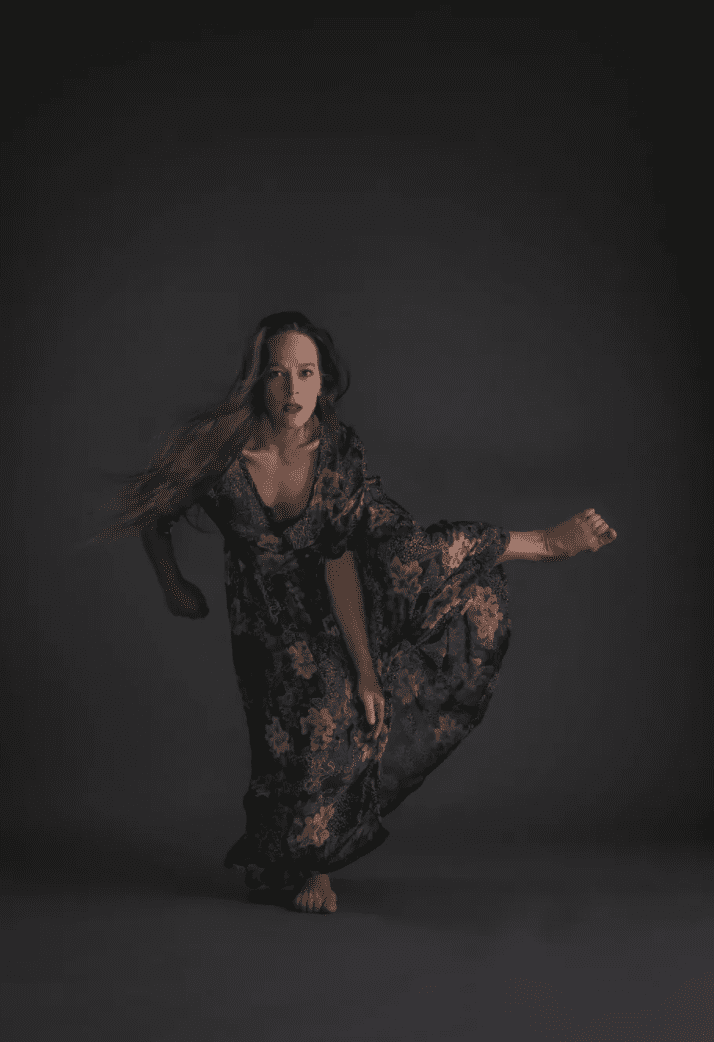
Bobbi Jene Smith
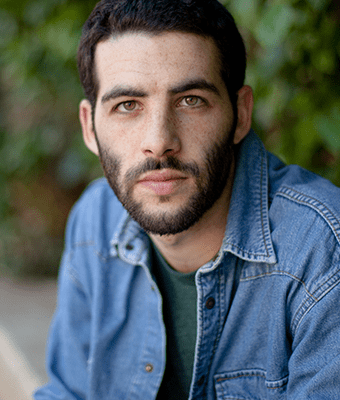
Or Schraiber
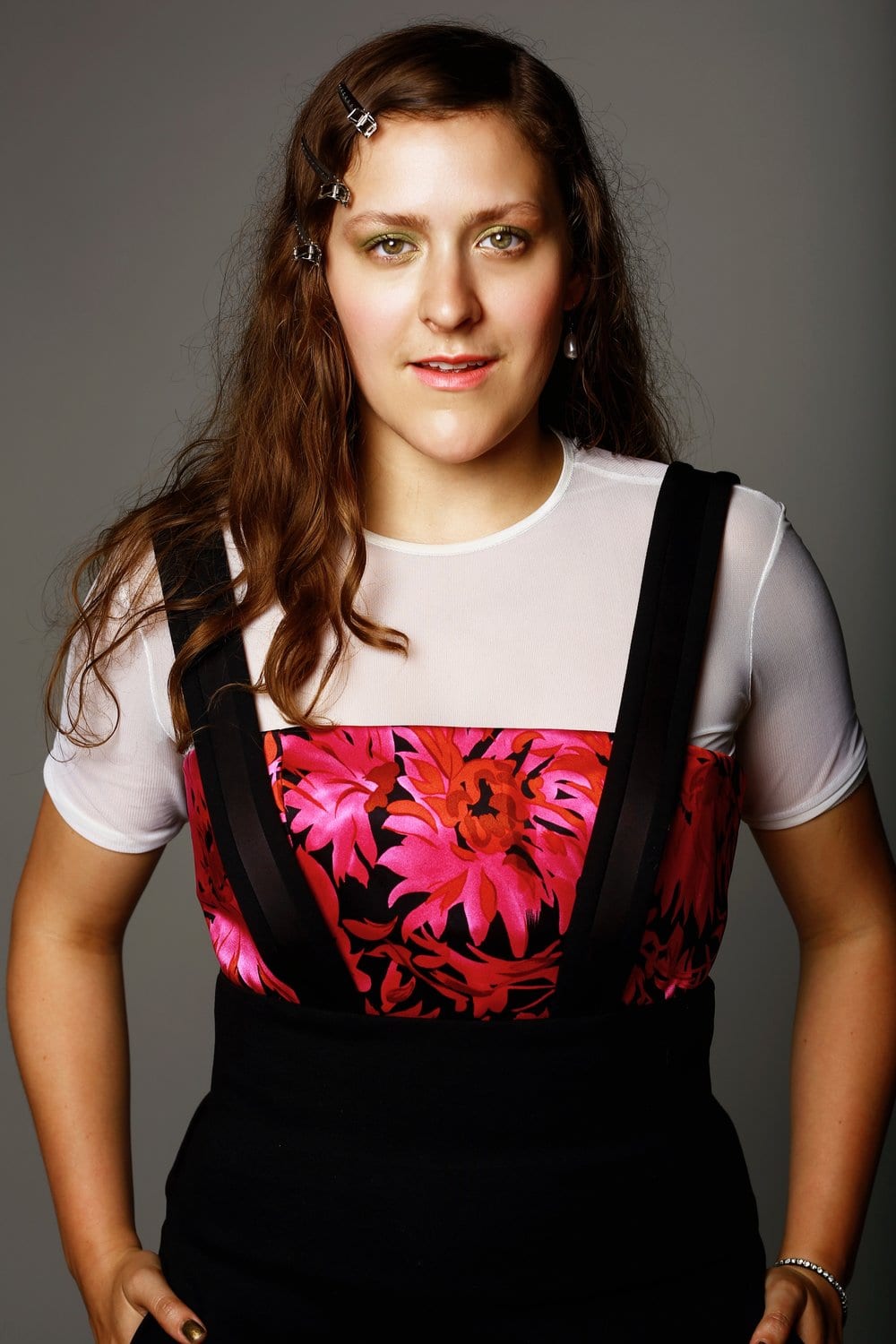
Julia Eichten
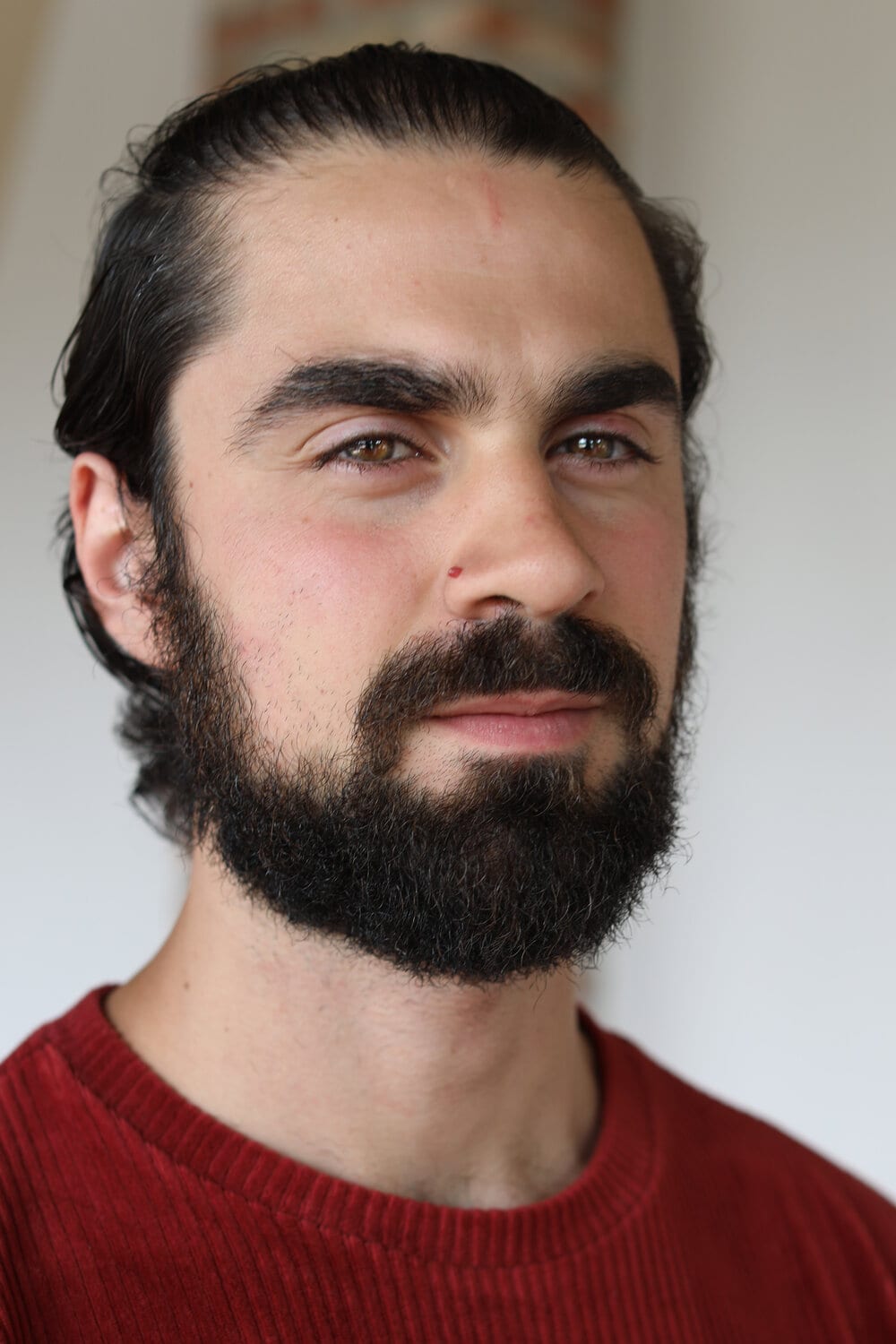
Yiannis Logothetis
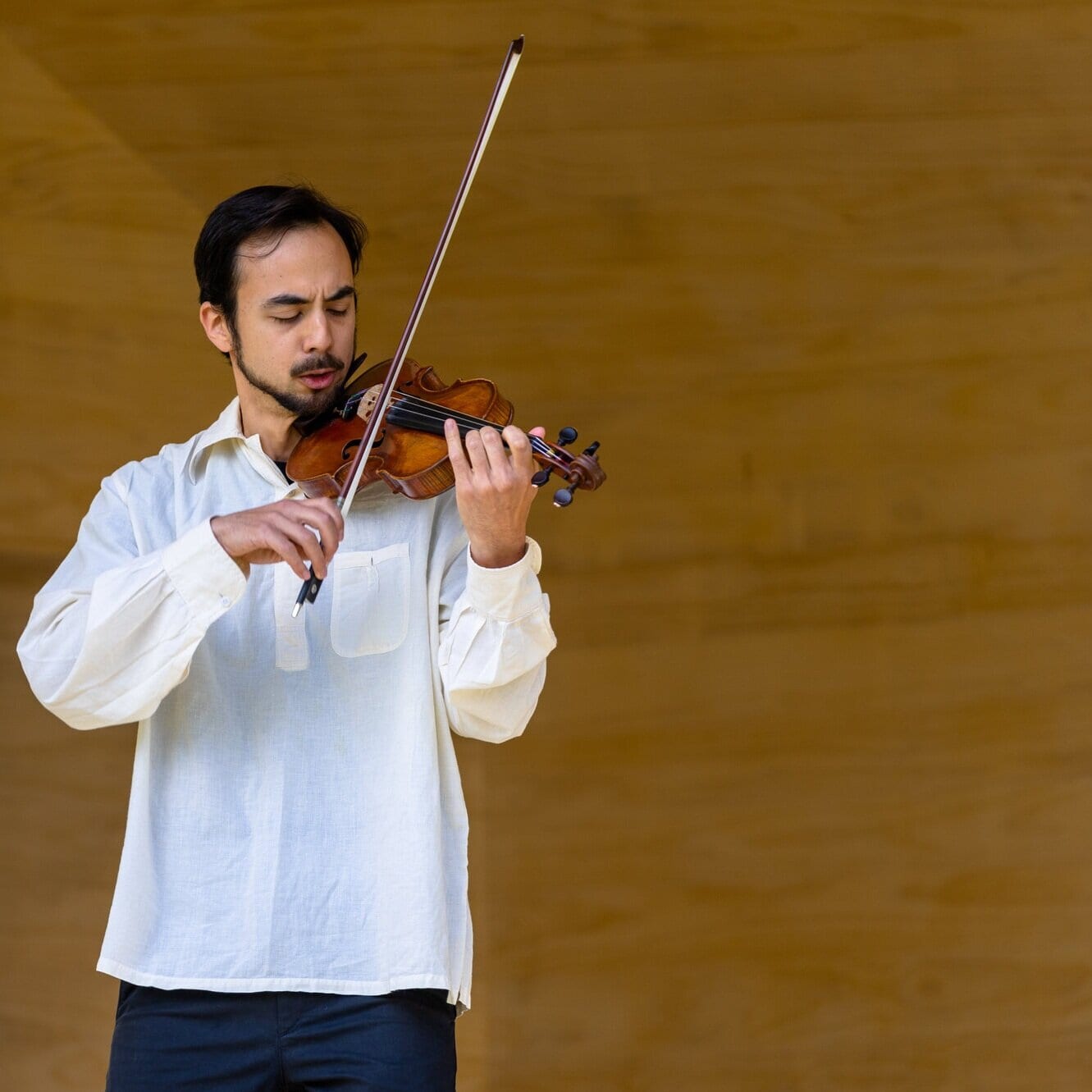
Keir Gogwilt
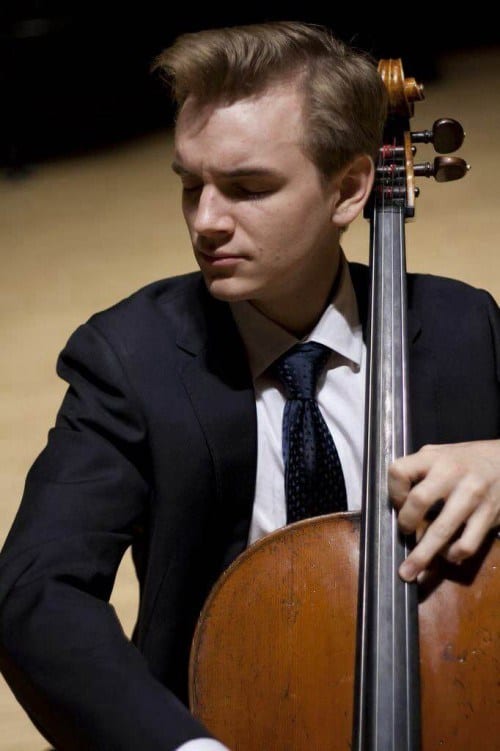
Coleman Itzkoff
Program Notes
How do we emerge from a world-shaking catastrophe? How do we process trauma and return to the possibility of joy? Many of us have asked ourselves these questions over the past year and a half. In the wake of a still more unimaginable catastrophe – World War II and the Holocaust – the great Romanian Holocaust survivor poet Paul Celan asked himself these same questions.
The No One’s Rose is a world premiere work of music, theater, dance, and poetry, created collaboratively by the artists of American Modern Opera Company (AMOC). Co-commissioned by PBO, Stanford Live, and AMOC, the piece features a new score by MacArthur Genius Grant recipient Matthew Aucoin, set to the words of the prolific poet Paul Celan, alongside music by Bach, Berlioz, Schubert, Sam Cooke, and Paul Simon. The piece is directed by Zack Winokur and features new choreography by Bobbi Jene Smith.
The work explores themes of recovery and resilience, loosely mirroring the structure of The Canterbury Tales: a series of stories, portraits in time, danced, sung, and played by the artists of AMOC all navigating through a shared circumstance — our actual circumstance — of processing the catastrophe of the last year and a half. These unique vignettes grapple with some of the most urgent issues of our time – from pandemic-induced isolation to the ravages of climate change. Celan’s poetry recurs throughout the piece and serves as a guiding force.
The No One’s Rose has been in the making for five years and began with a conversation between Aucoin and PBO on Celan, Bach and the possibility of composing for period instruments. The production’s original world premiere was scheduled for October 202 but was cancelled due to the pandemic. The project has evolved over the last eighteen months as we face the beginning of the aftermath of the pandemic, while acknowledging that the trauma, for many, is ongoing.
About the work, composer Matthew Aucoin says, “This piece is our way of processing what’s happened to our world over the past year and a half. We’re aiming for a kind of alchemy, to transform the frustrations and sorrows of this moment into catharsis and joy.”
Anselm Kiefer, born in 1945 Donaueschingen, Germany, is considered one of the foremost German contemporary artists living today. Known for his large-scale paintings, sculptures, and installations, Kiefer grew up in the postwar reconstruction era of Germany, a time in which the country sought to forget the atrocities of Nazism. Many postwar artists aimed to suppress the memory of fascist ideology by embracing and projecting a new culture through their work. Kiefer, however, has directly confronted the past in his art, beginning with his first single exhibition, Besetzungen (Occupations, 1969), a series of photographs depicting taboo political actions.
Kiefer draws much inspiration from the great poet and Holocaust survivor Paul Celan: he has referenced his poetry in many paintings since 1980, at times including full verses of his texts. These paintings incorporate organic material including soil, sand, and straw, to create a tactile and visual complexity which mirrors the subject matter of the pieces. He has continued to incorporate themes of German history in his work, influenced by the land he grew up on, the poetry of Paul Celan, and the ancient Jewish tradition of Kabbalah. Kiefer, a non-Jew, strives to understand the atrocities of the Holocaust through his art, which can be seen in the permanent collections of the Art Institute of Chicago, The Museum of Modern Art in New York, the Tate Gallery in London, and the Stedelijk Museum of Modern Art in Amsterdam, among others.
Kiefer’s Niemandsrose (2012) shares the same name as Celan’s 1963 volume of poetry. Its vast canvas is filled to the brim with paint, shellac, and charcoal, yet depicts nothing literal. Like many of his paintings, the viewer is given a sea of sublime imagery and texture to interpret, alongside one word, “Niemandsrose” (“No One’s Rose”). This word appears in Celan’s poem Psalm, in which he writes:
“A nothing
we were, we are, we
will stay, blooming:
the nothing-, the
No One’s Rose.”
This piece has rarely been displayed, and was last shown at the exhibition Die Ungeborenen (2012-2013), at Galerie Thaddaeus Ropac in Pantin. Philharmonia is very grateful to Mr. Kiefer for use of this image to round out the significance of The No One’s Rose production.




